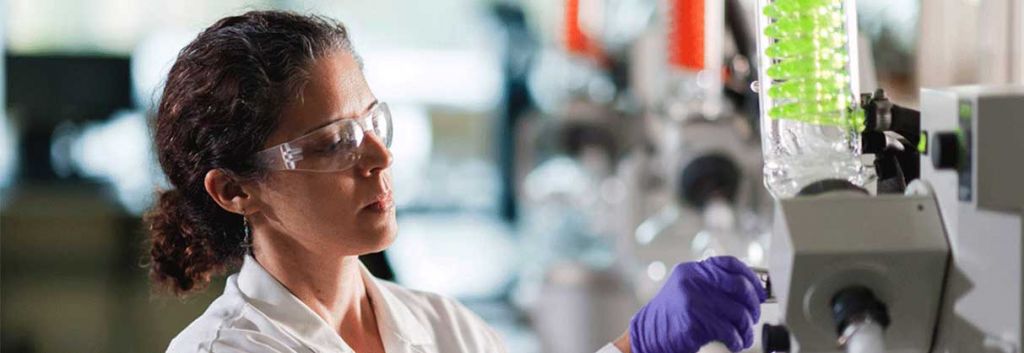Isis Pharmaceuticals and AstraZeneca extend their collaboration to discover and develop antisense therapies. After cancer, the partners are now targeting cardiovascular, metabolic and renal diseases.
Antisense drugs are short, chemically modified, single-stranded nucleic acids (antisense oligonucleotides) that have the ability to target any gene product of interest. They offer new opportunities for therapeutic intervention because they act inside the cell to influence protein production by targeting RNA. Their effects either prevent the production of disease-causing proteins, increase the production of proteins deficient in disease, or target toxic RNAs that are unable to generate proteins.
AstraZeneca will pay an upfront fee of $65 million (approximately €59m) to Isis Pharmaceuticals plus development and regulatory milestones for each program that AstraZeneca advances to clinical development. Isis Pharmaceuticals is also eligible to earn double-digit royalties on annual net sales for each program that goes on the market.
“Antisense-based therapies are rapidly gaining momentum in the clinic and becoming an important component of our early stage pipeline. This collaboration combines the world-class antisense drug research capabilities of Isis with our expertise in cardiovascular, metabolic and renal disease drug discovery and development.” commented Mene Pangalos, Executive Vice President, Innovative Medicines & Early Development at AstraZeneca.
AstraZeneca and Isis first collaboration started in 2012, with a $31 million contract to develop new antisense drugs for cancer. AstraZeneace is not the only pharma giant to exploit Isis’ leadership position in RNA-targeted technology.
Genzyme, is commercializing Isis’ lead product, KYNAMRO, in the United States and other countries for the treatment of patients with homozygous FH. Isis has also numerous other drugs in Phase 3 development in severe/rare diseases and cardiovascular diseases develops with partners such as Akcea Therapeutics, GSK or Biogen.
The cardiovascular field seems to be attractive for Isis, as the company also signed a deal with Bayer three months ago to develop and commercialise a antisense drug to prevent thrombosis. With the last deal signed with AstraZeneca, the broad pipeline of Isis is now including 38 drug candidates.





